The Future Role of SE4All in Promoting Sustainable Energy
Sustainable Energy for All (SE4All) is a call for both revolution and reform: a radical vision where everyone can access and afford the reliable energy they need to live a productive, healthy, secure life, while respecting the planetary constraints that we all face as a result of climate change.

Sustainable Development Goal for Energy and Information and Communications Technologies
ICT can play an important role in energy conservation and efficiency through sensing and control. ICT can also contribute to higher resource utilization through shared systems and increased efficiency driven through smarter appliances, infrastructure and manufacturing. Information systems can enable behavioral changes and reduce emissions by scheduling loads based on supply.
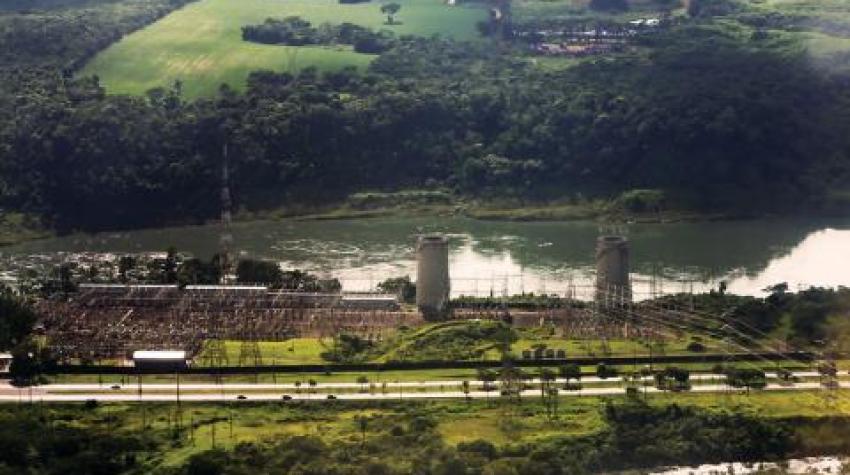
SDG 7 and Sustainable Energy Development in Latin America and the Caribbean
We are still on the long road towards incorporating sustainable energy, but the global debate culminating in the approval of the SDGs framework in September 2015 has reached a monumental acceptance of energy as an essential tool within a sustainable development agenda. With this new mandate and with SDG 7 firmly supported by Member States and development partners around the world, it is now possible to integrate more sustainable energy systems that improve lives, promote inclusive and resilient societies, and provide sustainable development for the future we want.
The United Nations and Sciences
The United Nations Secretariat was first to involve academia in issue articulation programmes, conferences and the drafting of reports dealing with either new global programme areas or with specific policy issues reflecting the changing membership of the United Nations.

Independence and Impartiality as the Heart and Soul of the Secretary-General
Article 99 is more important, in my view, in what it implies and presupposes by specifically encouraging the Secretary-General to use his judgement as to whether a matter should be brought to the attention of the Security Council as it could potentially threaten the maintenance of international peace and security.
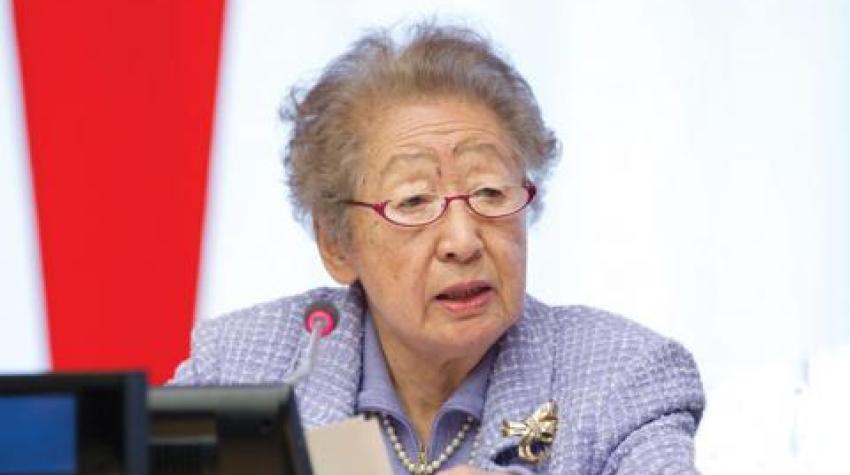
Striving for Human Security
Since the United Nations was established, significant progress has occurred. When the Charter of the United Nations was ratified, most Asian and African countries were still European colonies. The United Nations started with 51 Member States, expanding over these 70 years to 193 Member States today. The evolving threats and challenges against which the Organization is tested may have outpaced the progress. Article 1 of the Charter proclaims that the first aim of the world Organization is to maintain international peace and security. If to be secure means to be free from being killed, persecuted or abused, free from extreme poverty that brings indignity and self-contempt, and free to make choices, then still too many people today cannot afford security.
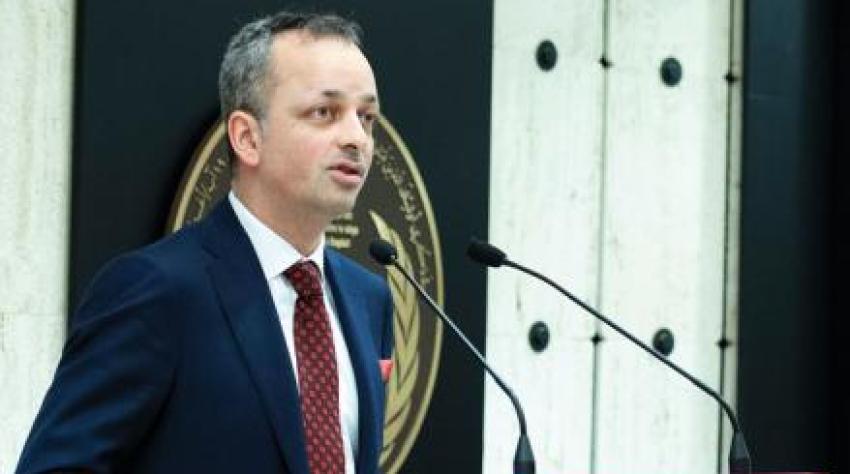
Three Simple Fixes for the Next 70 Years
In 2015, at the 70th anniversary of the birth of the United Nations, it is time to change that and to create a workplace in which talent, skill and determination can translate more easily into meaningful results. Here are some thoughts how.
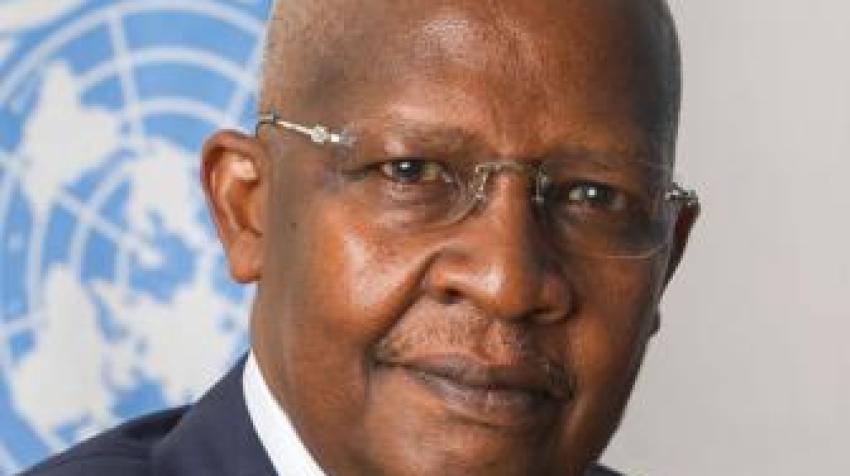
A Reflection on the Role of the United Nations in Ensuring a Secure, Prosperous and Equitable World
The work of the United Nations impacts people around the world on issues related to peace and security, development and human rights; from disarmament to efforts to combat terrorism and extremism; from conflict prevention to peacekeeping and peacebuilding; from disease prevention to the promotion of gender equality and universal education; from refugee resettlement to humanitarian assistance; from the rule of law to the fight against transnational crime. ... As we mark 70 years of existence, we have every reason to celebrate all that our community of nations has achieved. In doing so, we should also look to the future and strive to transform the United Nations to ensure that it remains effective and relevant in a dynamic and globalized new world.
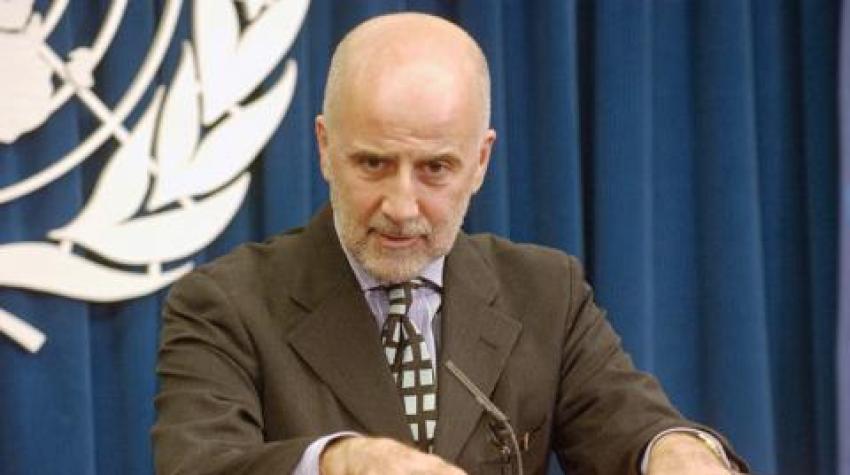
A Key United Nations Moment and its Lessons
In the spirit of the times, something of a clamour for transparency and participation is rising. That is understandable, but it reflects a misunderstanding of the nature and texture of the position and the role of the Security Council. The Secretary-General must play a crucial role as a partner of the Council if the system is to work....
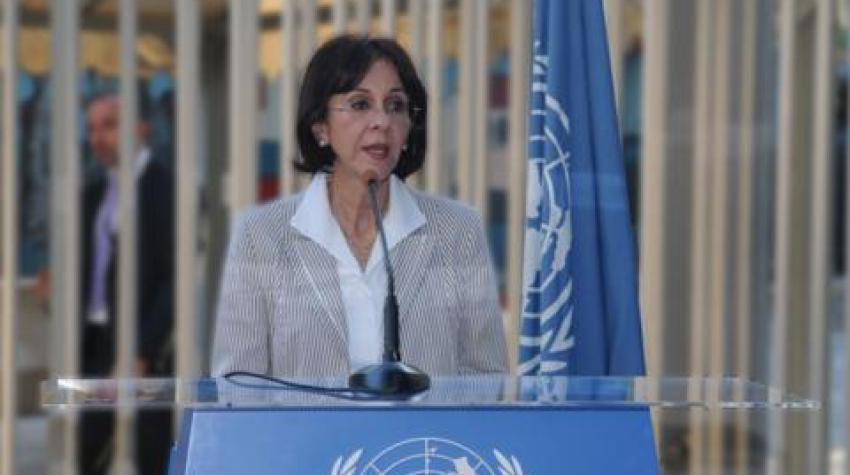
A New Agenda
The 70th anniversary of the United Nations presents an opportunity to take stock, recognizing our successes and acknowledging our shortcomings. The United Nations has indisputably made the world a better place over the past seven decades. We have succeeded in making the world recognize the wealth in its pluralism and diversity. For the first time in history, a consensus around human equality has been forged. No race or culture can claim to exclusively represent human civilization.
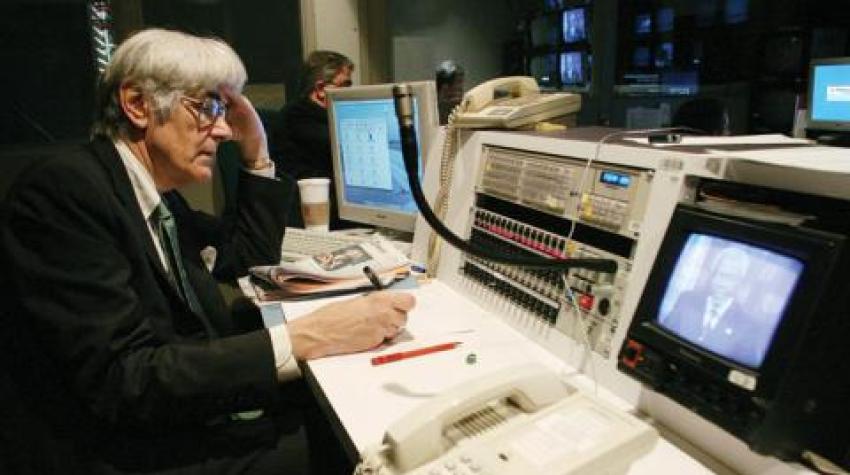
The First 70 Years of the United Nations: Achievements and Challenges
The humanitarian challenges continue to be daunting, especially with the rising number of people displaced not only by conflict, but by a complex range of factors including climate change. Yet, whatever their criticisms, few see any body other than the United Nations capable of leading and coordinating the response.
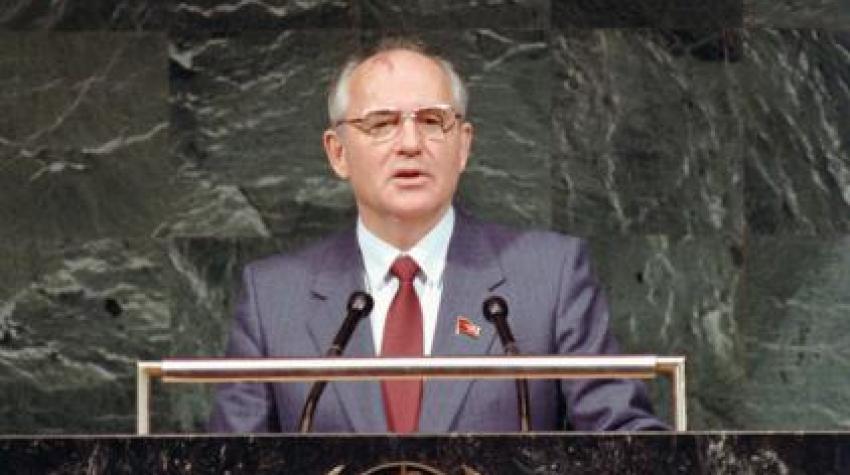
Towards a More Secure, Just and Humane Future
There is no doubt that today, much depends on leadership. If leaders acknowledge their responsibility and overcome long-standing disagreements, including subjective grievances, it will be possible to find a way out of the impasse. Thirty years ago, we managed to do so under much more difficult circumstances, when the political stand-off seemed insuperable and the stockpiles of nuclear weapons were much larger than now. Today, we must not panic, nor cave in to pessimism. Figuratively speaking, it is possible to clear the skies over the United Nations Headquarters and create conditions for the global Organization to fulfil its mission.
